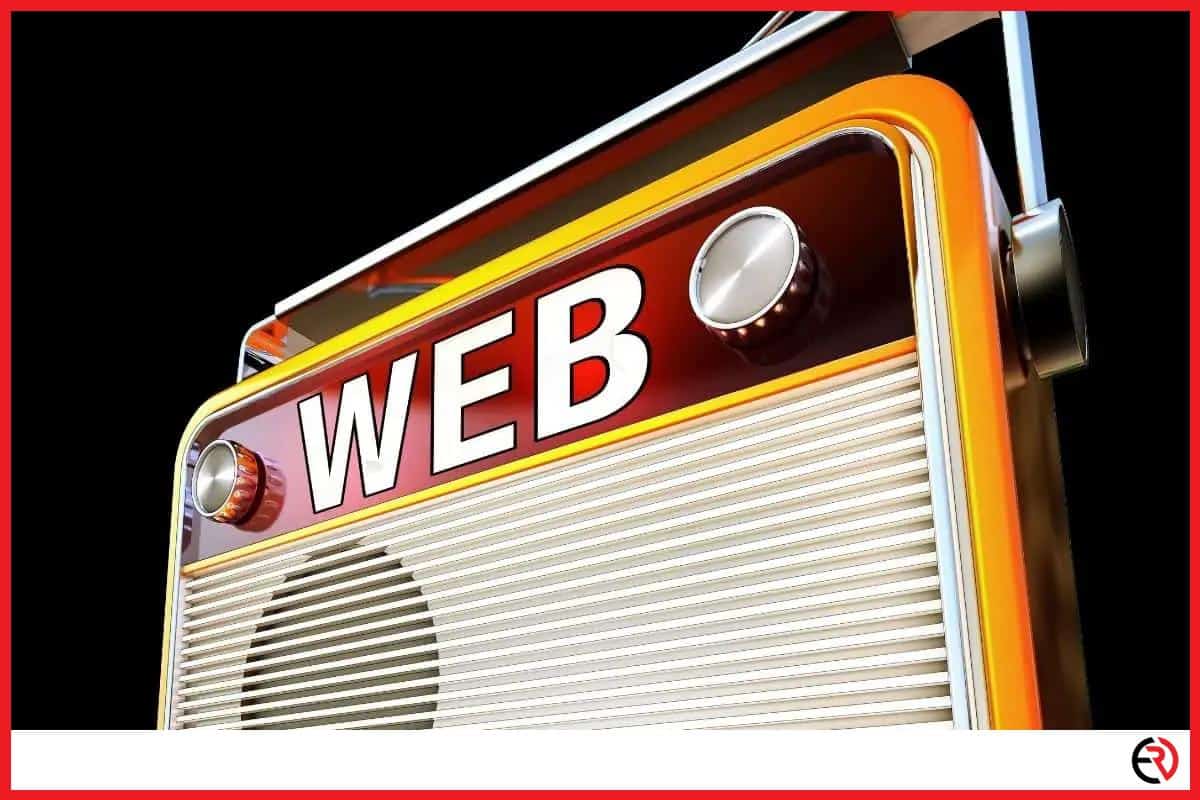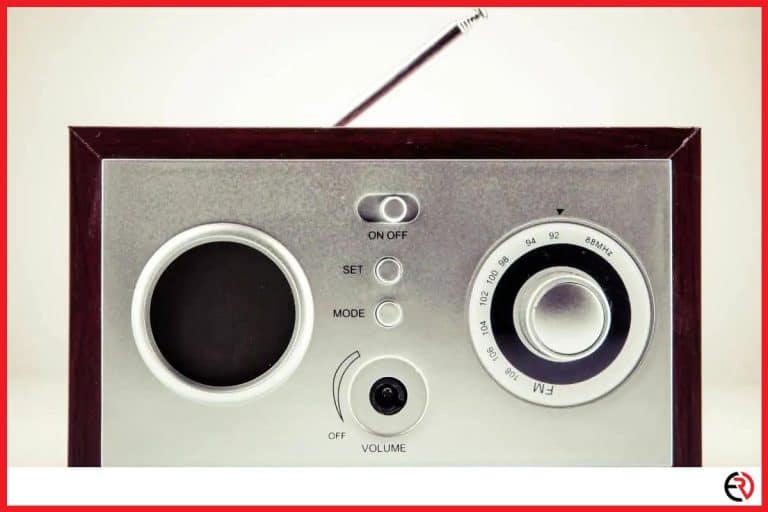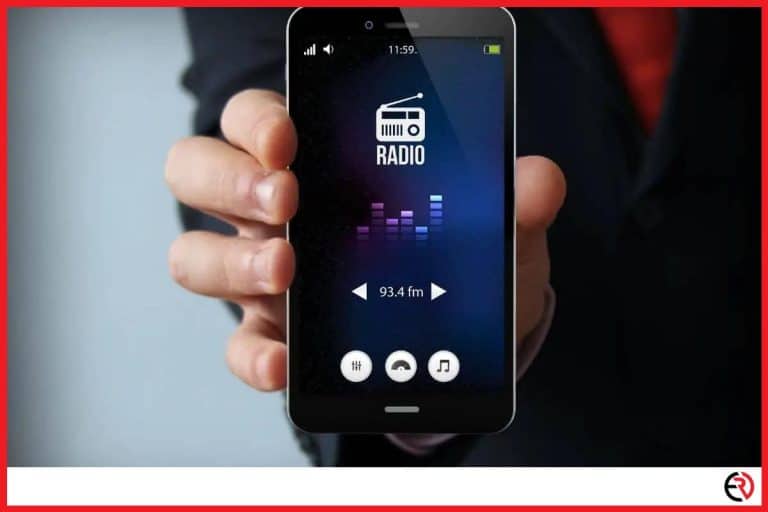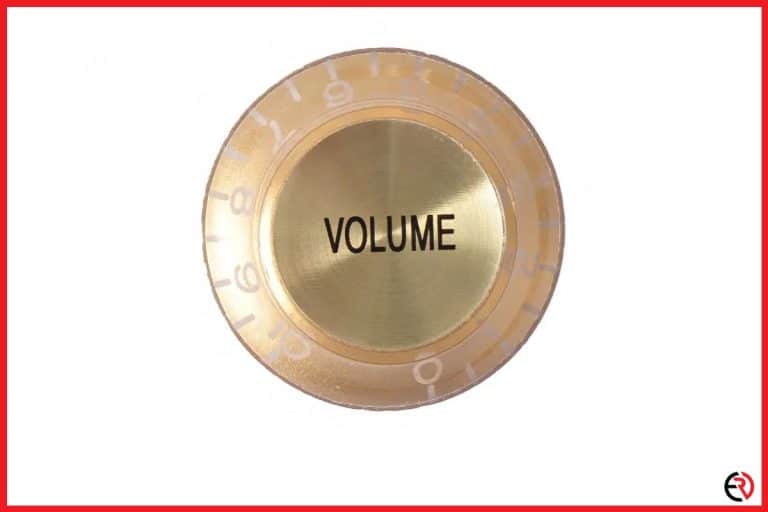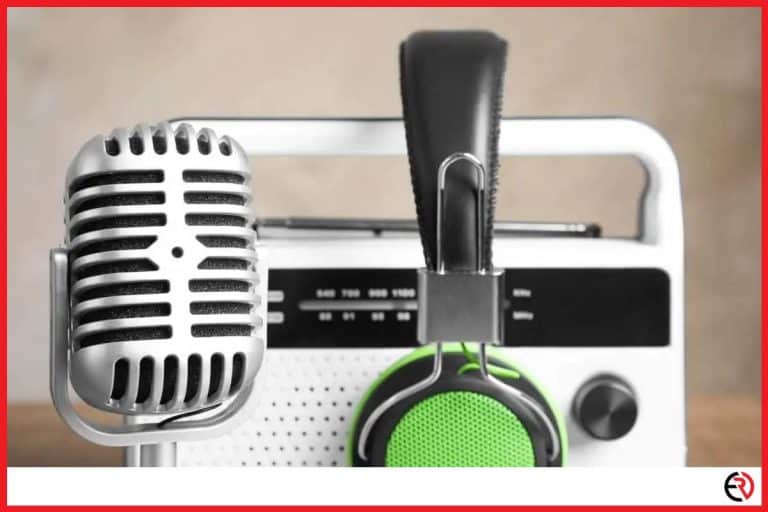Is Internet Radio Better Than FM? (With comparison chart)
This post may contain affiliate links which means that, if you choose to make a purchase, I may earn a small commission at no extra cost to you.
Long gone are the days of rotating knobs on old radio sets. This is the era of the internet and it’s better than ever. Although there will be individuals who still prefer the vintage, there is no denying the advantages of the internet radio. It is here to stay and thanks to its ease of use, the internet radio’s popularity will continue to grow and eventually supersede its predecessor.
Internet Radio is better than FM in many ways. You can listen to it without a headphone, there is no chance of static interrupting your listening sessions. No lags, no stutters, and unless your internet connection fails it’s pretty much smooth sailing as far as the listening experience is concerned.
Before I dive into the discussion, let’s take a closer look at what each of the terms signifies.
Key differences between internet radio and FM
| Internet Radio | FM |
| Relies on the internet and data usage. The radio broadcast is streamed online and anyone with an internet connection can listen to it. | No data is required. Relies on radio waves transmitted from a single broadcast station. Anyone with a radio receiver can listen to it. |
| Can be listened to on smartphones via the internet. | Cannot be listened to on phones without a radio receiver. |
| Can be hosted and available to everyone. | Usually broadcasted by licensed stations. |
| Geographically not restricted because it relies on the internet. | Geographically restricted by the transmitter’s range. |
| Better sound quality and little to no static. | Sound quality varies on your distance and from the transmitter. Static increases as you move away from the source. |
What is an FM radio?
FM stands for frequency modulation and is a worldwide famous broadcasting system. It is a mode of communication with the help of radio waves that transmits news, music, and other programs through single broadcast stations that can be intercepted by localized radio receivers.
Even FM is yesterday’s news and it is slowly being overtaken by the likes of digital audio broadcasting (DAB). AM and FM channels encode audio data into waves of different frequencies, and amplitudes. The modulated radio signal is responsible for transferring the information to the receiver.
However, DAB converts that data into a series of zeroes and ones and then proceeds with the transmission. It’s a European research project whose audio quality and stability supersede that of the traditional FM and AM broadcasts.
Is DAB better than FM?
Yes, DAB is better than FM because it packs more information compared to the traditional radio signals.
In general digital signals offer a better range, are capable of utilizing a broader band of frequencies, are less prone to interference since they can use higher frequencies, and lastly, DAB is more suitable for vehicles thanks to its robust signal modulation.
I prefer the Sangean PR-D18BK Digital radio because it’s robust and reliable even during harsh weather conditions. Some might consider the radio a bit expensive, but it’s worth every penny. I tried a few models earlier on, but they were quite inconsistent especially when I was far away from the broadcasting station. Static interference was minimized to a great extent even when I was using the FM and AM modes.
What is an Internet radio?
Internet radio operates differently as it continuously uploads the audio directly into the broadcast server. Listeners can connect to the server via a web address and listen to the stream from any corner of the globe greatly increasing its worldwide reach.
The internet radio is like an all-you-can-eat buffet. There are literally thousands of stations available on the internet, from across the world. Not only that but the superior sound quality is unmatched and leagues ahead of DAB and FM. For instance, the BBC streams Radio 3 at 320kbps.
However, you do need a device that’s capable of decoding the audio. The difference between MP2 and AAC might not be evident in regular kitchen radios, but for devoted listeners such as myself, internet radio is a musical paradise.
The benefits of internet radio over FM
Here is a list of reasons why internet radio is considered than the traditional FM:
1. Better accessibility– An internet does not require any FCC licenses, radio towers, or commercial multiplexes that distribute digital signals. All you need is an internet connection and you have worldwide radio in the palm of your hands. The accessibility offered is simply too great to ignore.
2. Worldwide reach– As discussed before, FM radio stations are limited to a specific geographical location. That’s because the transmitters can only reach a certain distance (roughly 50-60km), and beyond that, the signal starts to falter before and eventually becomes unreachable. Internet radio does not have a drawback in that regard. It is audible wherever there is an internet connection.
3. Little to no interference– Internet radio does not rely on radio signal receivers. As long as you have a steady internet connection, your daily dose of FM will not falter in the least.
4. Better alternatives– Since the invention of DAB, UK broadcasting stations are slowly migrating towards it. Although the US still relies on FM, more and more people are shying away from it. As long as there is no doomsday scenario, where the entire internet grid is wiped off the face of the earth, internet radio will continue to thrive and reign over traditional FM.
5. It’s only a matter of time– Online Android, iPhones do not have any sort of AM or FM chips. The only way you can listen to the radio on the iPhone is through the internet. Now Android may be more popular than Apple, however, considering past records, we all know that Android follows trends set in place by Apple.
The infamous notch was a controversial design that was frowned upon by the majority of the android community including me. However, Android smartphone manufacturers stuck with it.
According to an article published by npr.org, two-thirds of smartphone manufacturers do not even activate the FM chip on their devices, simply because people are gravitating towards streaming apps over traditional FM. So it’s only a matter of time before they remove the FM modules altogether.
F.A.Q.
Does the US have DAB radio?
Yes, but it is called HD radio instead of DAB. It is broadcasted as higher quality, alongside the regular FM signal with the same frequency.
Will FM be switched off?
No news in the US, but in the UK, eventually it will be switched off. The UK government even listed three criteria, which if met will make the traditional FM obsolete and lead to a shutdown:
1. Once Digital radio was at the level of FM coverage.
2. Once Digital radio reaches 90% of the population.
3. Once 50% of all radio listening is from the digital platform.
The digital radio reach is already at 49.9%, so if you are in the UK be prepared to bid farewell to FM.
What advantage does FM have over internet radio?
One of the major differences is the speed of transmission. Radio waves are faster and as such, FM broadcasts are live. Contrarily, internet radio suffers from significant delays up to 60 seconds, since it has to be converted into the right audio format.
1. 90% of Americans listen to broadcast radio regularly.
2. Advertising on FM radio continues to thrive even during the internet radio, streaming platforms, and social media.
3. FM radios don’t require much to ‘produce’.
4. Broadcast, although limited, reach people faster and in real-time.
5. Broadcast focuses on high-segmented audiences meaning radio ads have a better chance at selling products.
Conclusion
FM radio is like an old-school, octogenarian cool relative who simply refuses to die, but also has deep-seated connections within their community. They are a reliable source of information and entertainment, who can compete with better alternatives. The future of FM radio is uncertain, making the question of whether or not it is inferior to internet radio, quite a debatable one.
Like most cases, there are pros and cons to both forms of media broadcasts, and only time will tell which one reigns supreme over the other, or if they both decide to co-exist in relative harmony.

